James Comey was the one man that both Hillary Clinton and Donald Trump would likely have wanted to fire during the 2016 campaign. Now that one of them has done it, it may be a decision the President will regret.
Comey's dismissal is an earthquake not because Donald Trump is the first President to fire an FBI director (he isn't). As former FBI director (and federal judge) William Sessions told me in an interview over a decade ago, President Bill Clinton made clear he wanted Sessions fired after assuming office in 1993.
After the Clinton White House failed in its efforts to encourage him to leave, in July 1993, Clinton announced that at the request of Attorney General Reno, he was dismissing Sessions, citing a negative report on Sessions from the Department of Justice's Office of Professional Responsibility.
No, today's firing is a big deal because, unlike in 1993, the President is pulling the plug on an FBI director as the bureau is in the midst of a high-profile investigation involving the new President's former campaign team and a foreign power.
Comey has a lot of enemies in Washington, DC and the President and Attorney General Jeff Sessions may well have viewed his recent error-filled testimony -- in which he misstated by a huge order of magnitude the number of Hillary Clinton emails Huma Abedin had forwarded to her husband, Anthony Wiener -- as the cover they were looking for to fire him at minimal political cost.
This is likely a big misjudgment. The timing of the firing ensures that the Russia hacking scandal is not just going to melt away or be replaced with GOP allegations that efforts by the Obama intelligence community to investigate the Trump campaign constituted a "scandal."
Not only will questions be raised about how close Comey's team was getting to damaging truths about possible US allies in Russia's covert action to meddle with the 2016 election, but the choice of a successor to Comey, and this person's confirmation, will be fraught with questions of how he or she will affect the investigation.
Editor's Note: The former director of the Richard Nixon library, Timothy Naftali is a CNN presidential historian who teaches history and public policy at NYU. The views expressed in this commentary are solely his
Editor's Note: The former director of the Richard Nixon library, Timothy Naftali is a CNN presidential historian who teaches history and public policy at NYU. The views expressed in this commentary are solely his
Indeed, one can expect that, to be confirmed, the next FBI director will have to promise the Senate a deep Russia hacking investigation.
Comey came into office as the good government Republican that many had assumed was a dying breed. Having fought the National Security Agency's domestic surveillance program as a member of John Ashcroft's Department of Justice in the George W. Bush years, he seemed a brilliant bipartisan choice for FBI director, after the esteemed Robert Mueller finally took his well-earned retirement in 2013.
As we all know, Comey's public actions to defend the bureau's and his own reputation for nonpartisanship backfired spectacularly in the 2016 campaign. Instead of exorcising J. Edgar Hoover's ghost, some thought he had revived him.
But there is still a lot we do not know about his actions, especially about his leadership in following the trail of the Russian hacking scandal wherever it led. Trump's decision tonight ensures that many people are going to want to know much more about that.
The Russia hacking scandal just got worse for the Trump administration.




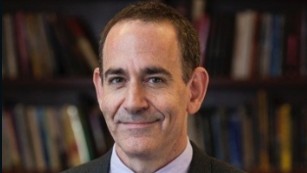
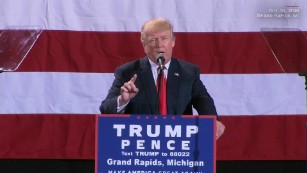
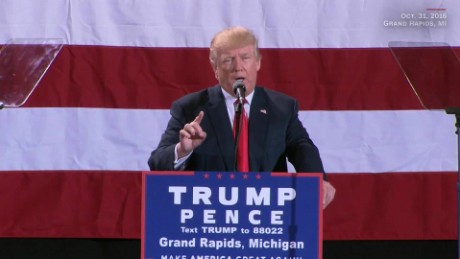
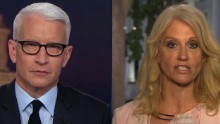
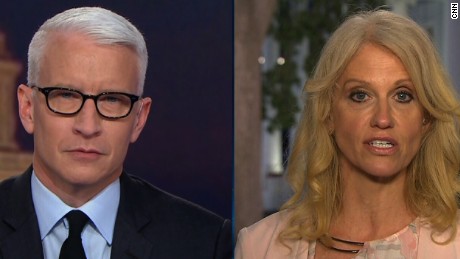




No comments:
Post a Comment